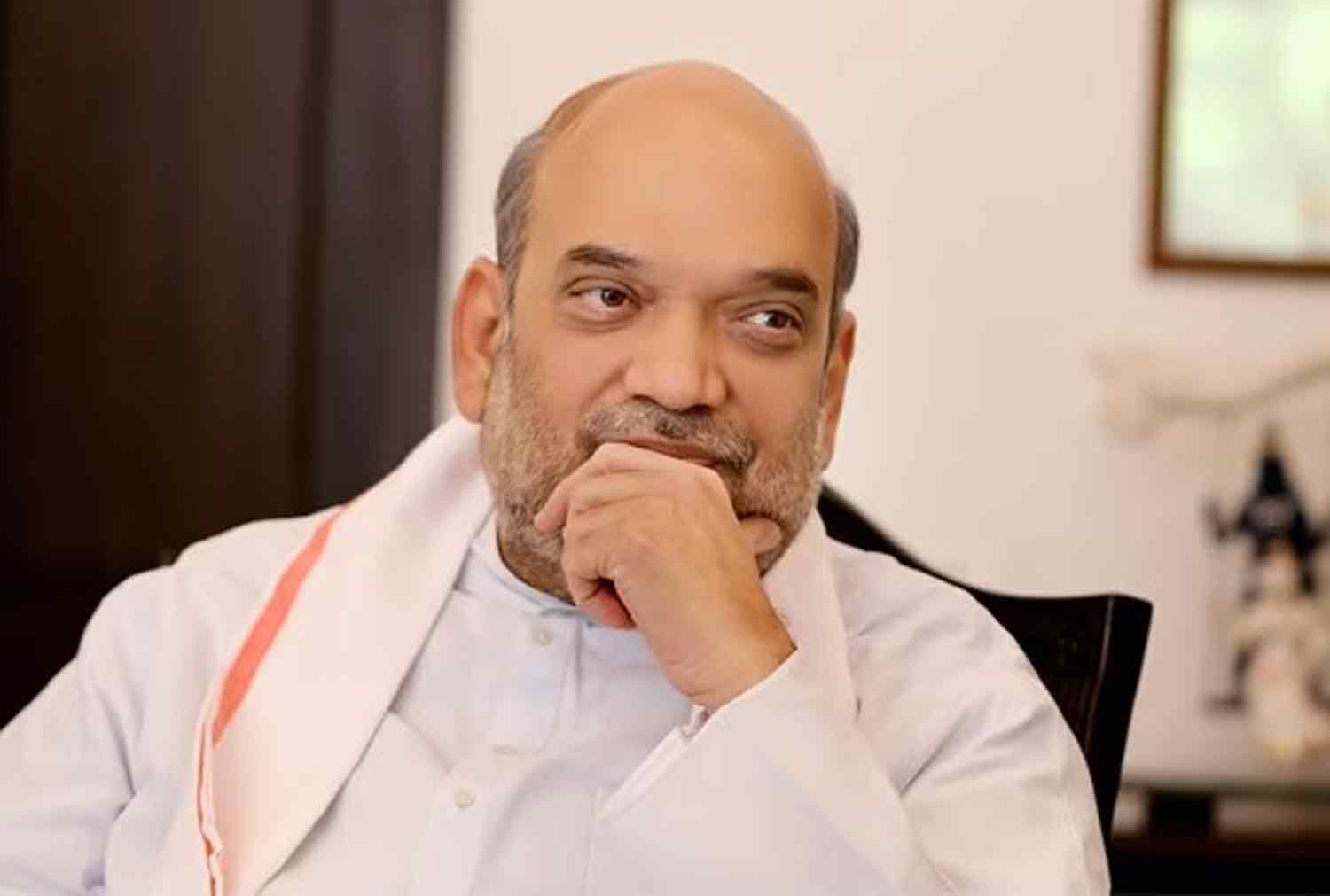India’s Home Minister Amit Shah has been accused by Canada of orchestrating efforts to target Sikh separatists within its borders. Shah has served as a key ally to Prime Minister Narendra Modi for many years and is often regarded as Modi’s tough-minded counterpart and a potential successor.
Neither Shah’s office nor the Indian Ministry of External Affairs has responded to inquiries regarding these allegations. India has consistently denied involvement in the 2023 assassination of Sikh separatist Hardeep Singh Nijjar in Canada, as well as in the alleged targeting of other dissidents, although this controversy has resulted in the expulsion of diplomats from both nations.
Canada has yet to provide any evidence supporting the claims of Shah’s involvement in actions against Sikh separatists, a point highlighted by Canadian Deputy Foreign Affairs Minister David Morrison on Tuesday. Political analysts frequently identify Shah, 60, as the most influential politician in India after Modi. The two, both aligned with Hindu nationalist ideologies, have collaborated in various governmental roles for over twenty years, beginning in their home state of Gujarat. Many observers believe Shah is poised to assume leadership should Modi step down.
During his inaugural press conference in India as prime minister in 2019, Modi delivered a succinct statement without taking any questions, indicating the presence of then-ruling party president Shah beside him.
“I am a disciplined soldier of the party; the president means everything to me,” Modi remarked, alluding to Shah.
Shah, known for his strategic prowess in campaigning, has been instrumental in leading Modi’s nationalist Bharatiya Janata Party (BJP) to significant electoral successes, transforming the party from relative obscurity to a position of political prominence. In 2019, Modi appointed him as the head of the influential Ministry of Home Affairs.
According to Shah’s official website, “As a vigilant and alert administrator, Amitbhai Anilchandra Shah views inadequate and inconsistent security as a significant barrier to the progress of society, the nation, and the state.” The site also notes that he was wrongfully accused in 2010 of involvement in the extrajudicial killing of a “notorious terrorist” during his tenure as Gujarat’s home minister, which led to his resignation and a three-month imprisonment. He was acquitted by a court in 2014.
Shah played a crucial role in the revocation of the semi-autonomy of Jammu and Kashmir, India’s only Muslim-majority state, in 2019, and facilitated the process for non-Muslims from neighboring countries to acquire Indian citizenship, as stated on his website.
Hailing from Mumbai, he has been an elected official for over 25 years. Born into a well-off family in Gujarat, Shah left his education at around 18 years old, as noted in a declaration made during the 2019 general elections.
Since that time, apart from a brief period selling plastic tubing, he has dedicated nearly his entire adult life to the Bharatiya Janata Party (BJP) and its associated organizations, earning a reputation as a staunch Hindu nationalist with rigid beliefs.
A long-time acquaintance of both Modi and Shah remarked that they view their advocacy for Hindu causes not merely as intellectual leaders but as proactive leaders, demonstrating a fearless commitment to their principles.
In 2021, Shah stated at a conference that under Modi’s leadership, India was adopting a “nation first” approach, particularly following targeted military actions against alleged militant camps in Pakistan in 2016 and 2019, which were responses to attacks on Indian forces.
“The world was astonished when we took action within Pakistan’s borders,” he remarked. “Previously, the U.S. and Israel were recognized for such actions, but now India has entered that sphere. For the first time, our defense strategy has emerged from the confines of foreign policy. We have made it clear that we desire peaceful relations with all, but it is essential that others also conduct themselves peacefully towards us.”
Discover more from Defence Talks | Defense News Hub, Military Updates, Security Insights
Subscribe to get the latest posts sent to your email.





